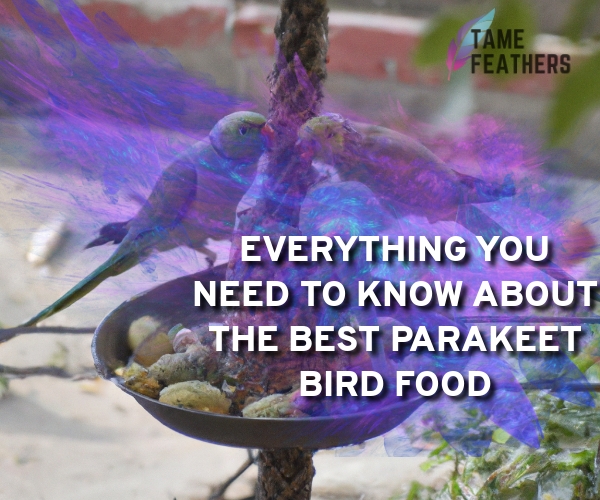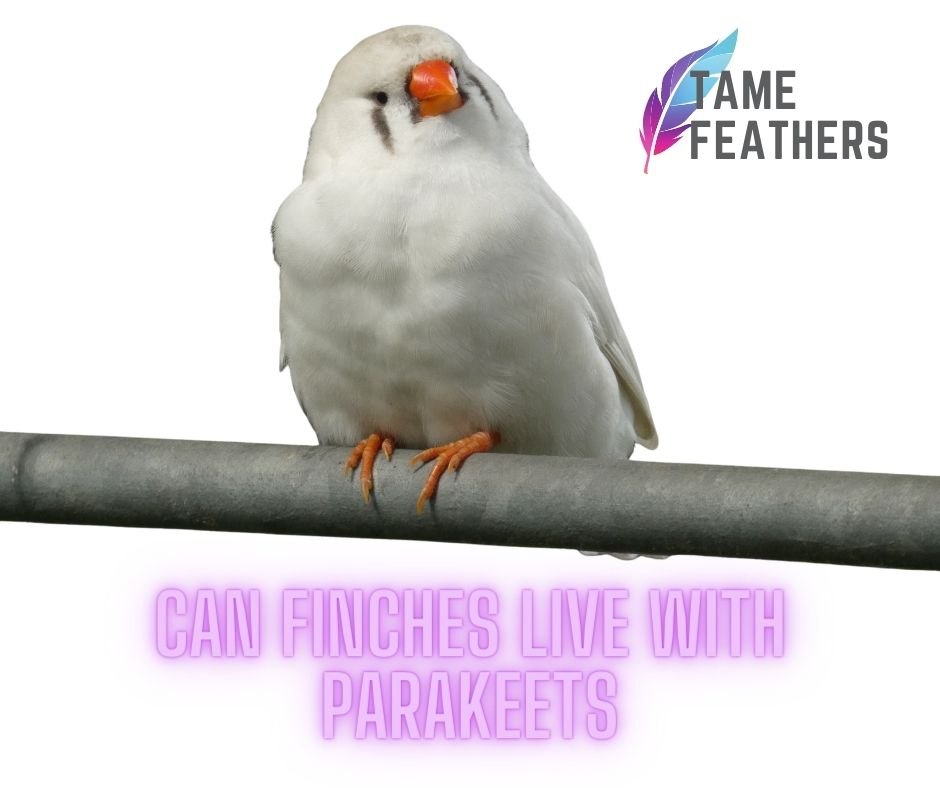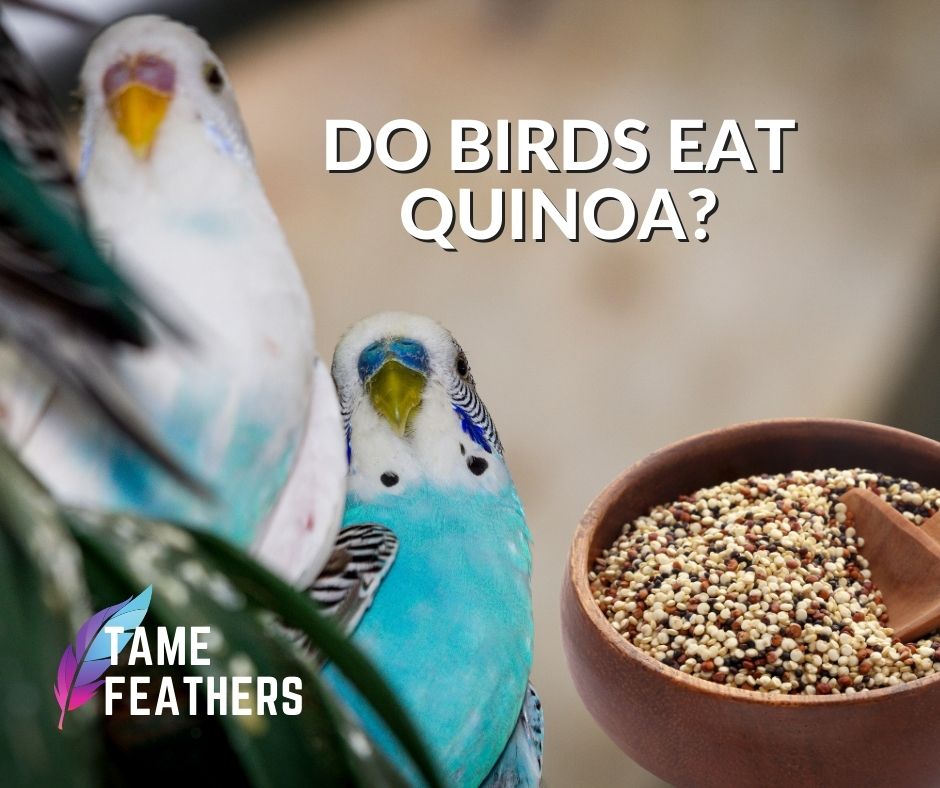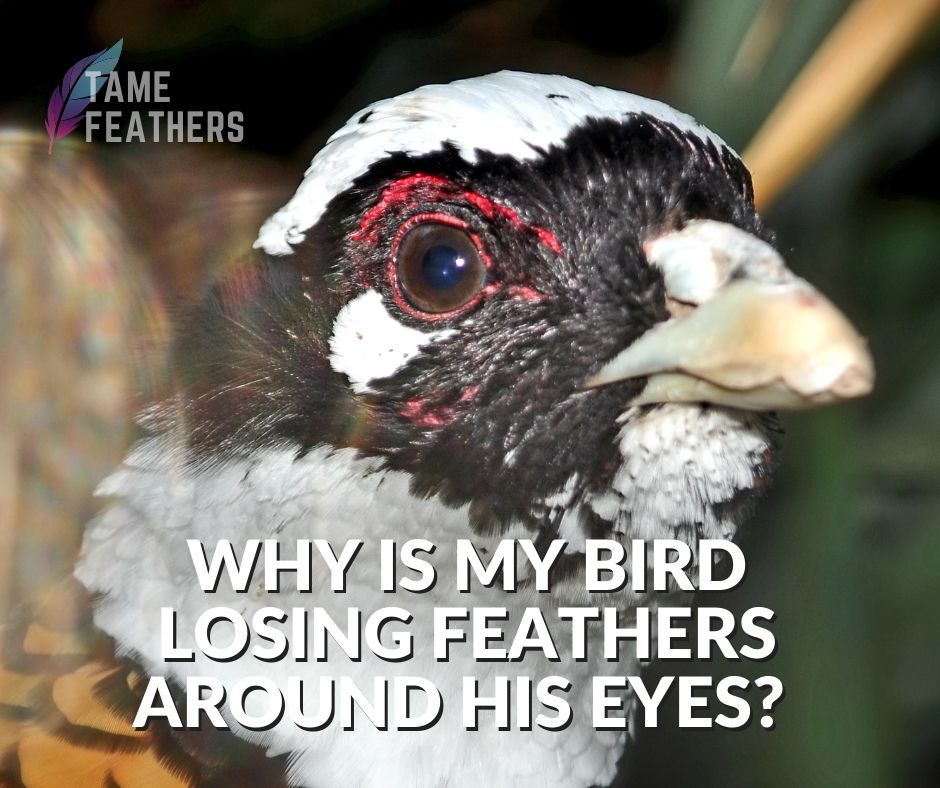Do you intend to keep a parakeet as a pet? You’ve come to the proper location if that’s the case. It may be incredibly rewarding and enjoyable to take care of a parakeet. Choosing the right meal for your feathery companion is one of the most crucial decisions you must make. That is why we are here today to assist you in learning everything you require to locate the top parakeet bird food available.
Nutrition is Key
The nutritional value of the food that is given to parakeet birds should be of the utmost importance. The nutritional needs of parakeets are distinct from those of other species of birds, and they call for a particular diet that is abundant in various vitamins and minerals.
A nutritious food for parakeets will have high-quality components, such as fortified seed blend, fruits, vegetables, grains, and nuts, all of which have been formulated to meet the dietary requirements unique to this species. Additionally, it should not contain any artificial flavors or preservatives of any kind. These foods, in addition to supplying your parakeet with the basic nutrition it needs, can also help keep it active, healthy, and in good shape.
Fruits & Vegetables
Provide your pet parakeet with fresh fruits and vegetables on a daily basis to ensure that it receives a diet that is nutritionally complete and balanced. Fruits provide essential antioxidants in addition to being a rich supply of vitamins A and C, both of which are essential in preventing damage to cells caused by environmental contaminants. Fruits are an excellent source of these vitamins.
In addition, vegetables should be a part of their diet because they are loaded with important vitamins and minerals, such as calcium, which not only helps to maintain strong bones but also encourages healthy digestion. When choosing things from the produce section, you should make sure to steer clear of those that have a higher concentration of sugar, such as grapes and bananas, because excessive consumption of these foods can lead to a variety of health issues.
Pellets
Pellets are an essential component of the diet of any parakeet because they offer a comprehensive nutritional profile without omitting any of the essential components. Keep an eye out for pellets that have been professionally made with a well-balanced combination of macronutrients such as proteins, lipids, carbs, fiber, and numerous micronutrients such as vitamins B12, D3, E, and K1. Be sure to choose one according to the size of your pet; smaller species may require pellets of a smaller size, whereas larger ones may benefit from pellets of a greater size. Additionally, there are certain companies that offer additional vitamins such as probiotics or omega fatty acids; therefore, you should take this into consideration when making your pick.
Seed Blends
The diet of a parakeet can benefit from the addition of seed blends, although it is preferable to avoid mixtures that contain sunflower seeds due to the large amount of fat those seeds contain. Choose instead mixes that consist primarily of millet, oats, or wheat berries blended with other grains such as buckwheat or quinoa; blends of this type tend to have a higher nutritional value than sunflowers by themselves. You can even get specialized “parrot” mixtures that include dried fruit bits in addition to legumes (like peas) – both of these ingredients are excellent sources of nutrition! It is important to keep in mind that not all seed combinations are made equally, thus it is important to read labels thoroughly before purchasing anything.
Grit
Grit plays an important role in assisting in the proper digestion of food because small particles become lodged between teeth, where saliva then breaks them down into usable energy sources; this makes grit especially helpful for birds that eat primarily seeds and nuts because those foods don’t break down easily inside the body alone. Grit is especially helpful for birds that eat primarily seeds and nuts because those foods don’t break down easily. Provide untreated sand (obtained from natural sources) on occasion so that they will have easy access to it whenever it is required; typically, once per few weeks is sufficient unless otherwise ordered by the veterinarian! In addition, it is advised to incorporate the use of crushed epsom salt into bath times once a month in the event that gastrointestinal troubles manifest themselves during times of heavy feeding activity (such breeding season).
Treats
Even though treats don’t have to be a regular component of birds’ diets, there’s no doubting the amount of happiness they get when they do get something extra once in a while. There are several options available that are risk-free, such as soft cheeses. apples cut into bits, cooked pasta, even egg-based homemade creations can be used. yogurt, butter, mealworms, worms, and other such things As long as you are only offering tiny amounts occasionally, it won’t affect overall health balance over time. Additionally, the extra benefit of having joyful feathery friends around the house enjoying life to the fullest capacity is a huge added bonus. Be wary though, and make sure to choose the varieties that specifically say “for birds” rather than “for human consumption” to avoid any potential toxicity issues in the future…
FAQs About Parakeets
We Thought You Might Want To Know This About Parakeets… 😊
Interested in blue parakeets? Learn more about them on
parakeets blue





